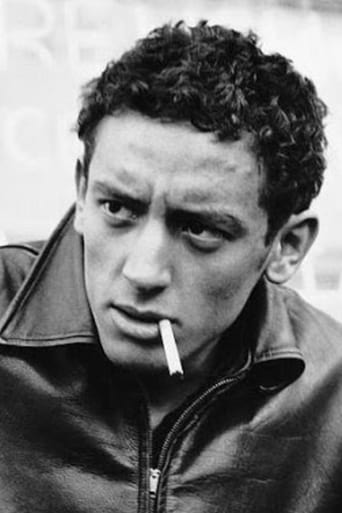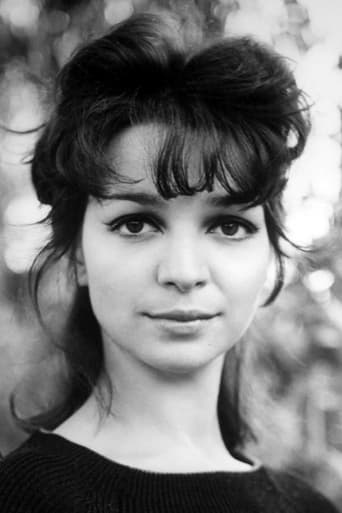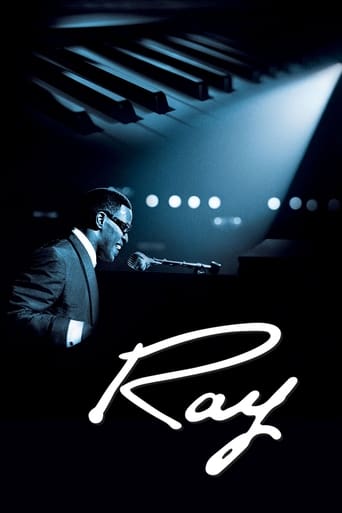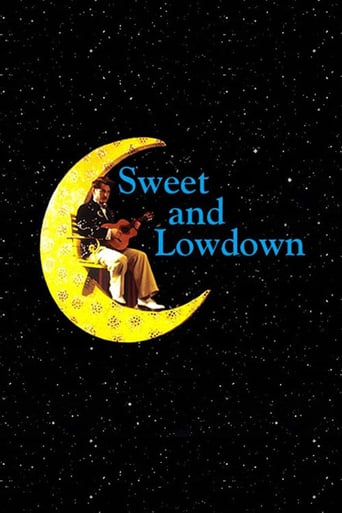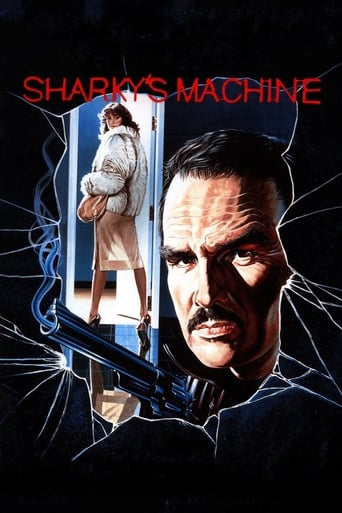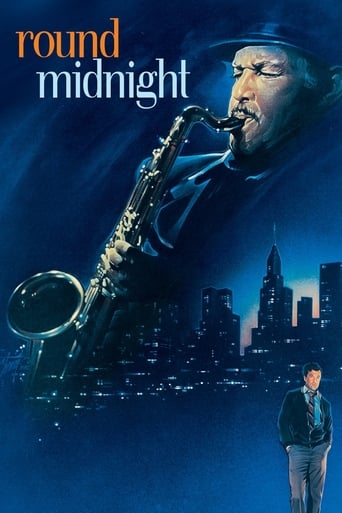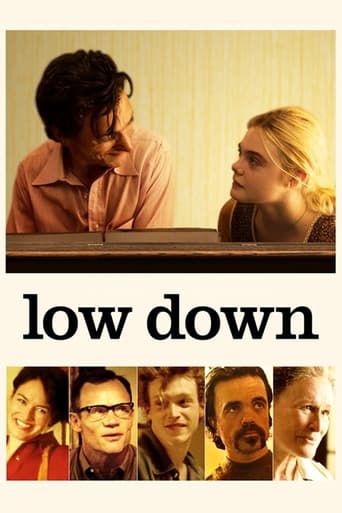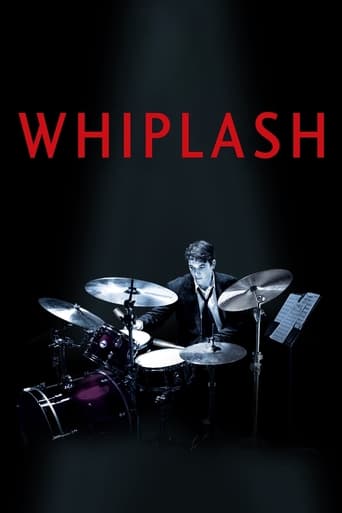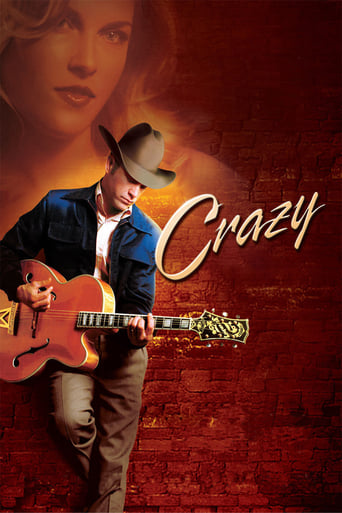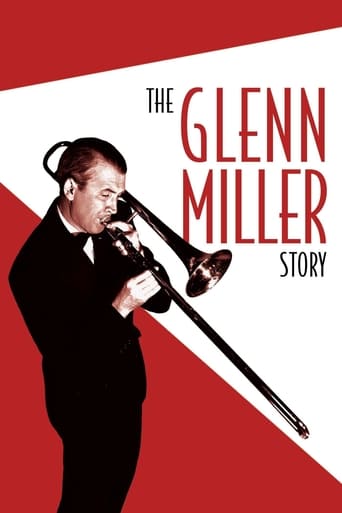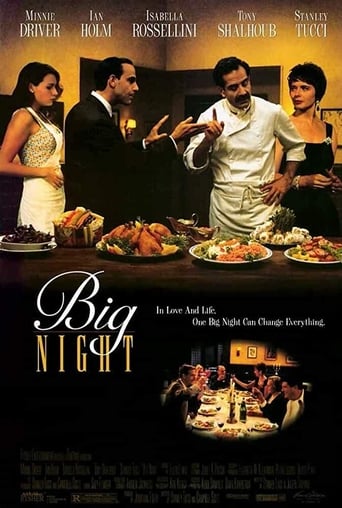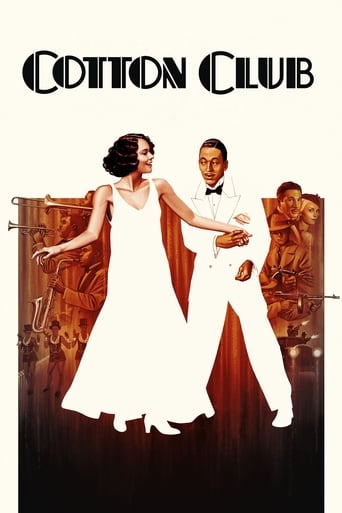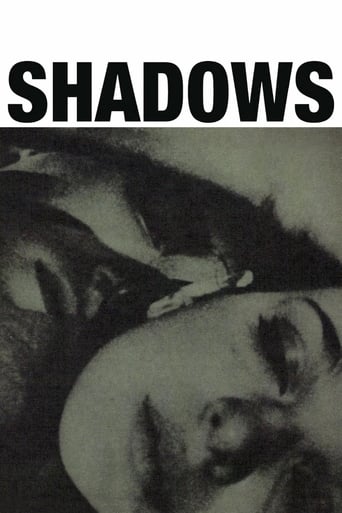
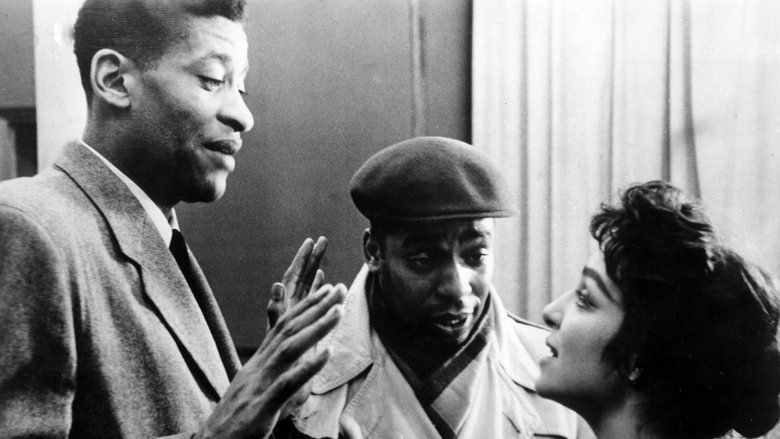
Shadows (1961)
The relationship between Lelia, a light-skinned black woman, and Tony, a white man is put in jeopardy when Tony meets Lelia’s darker-skinned jazz singer brother, Hugh, and discovers that her racial heritage is not what he thought it was.
Watch Trailer
Cast


Similar titles
Reviews
From director John Cassavetes (Faces, A Woman Under the Influence, The Killing of a Chinese Bookie), this film appeared in the book 1001 Movies You Must See Before You Die, I knew nothing about before finding it listed, so I was hoping it would be interesting. Basically the story is an improvised piece about interracial relationships in Manhattan, New York, specifically between three black siblings and their personal situations. Benny (Ben Carruthers) is a hipster aimlessly moving in and out of the beat scene of the city, and he may be close to trouble. Benny's sister Lelia (BAFTA nominated Lelia Goldoni), who looks more white than African-American, is falling in love with white man Tony (BAFTA nominated Anthony Ray), but she is equally vulnerable as his prejudice comes into play. The eldest of the three siblings is brother Hugh (Hugh Hurd) who is struggling with his singing career, his agent Rupert (Rupert Crosse) seems to be the only person who has faith in his talent. Like jazz the story moves back and forth between the stories of the three siblings, it starts seeing their lives separately before their individual situations bring them together. Also starring Dennis Sallas as Dennis, Tom Allen as Tom and David Pokitillow as David. I can see some reasons why this film was considered a benchmark for it's time, it is interesting to see what the actors come up with while ad-libbing, it certainly inspired independent filmmakers for the future, there might not be very much happening during this, but it is an alright drama. It was nominated the BAFTAs for Best Film from any Source and the UN Award for John Cassavetes. Worth watching!
John Cassavetes' jazz-scored improvisational film explores interracial friendships and relationships in Beat-Era (1950s) New York City.How fascinating that the characters briefly discuss existentialism, the thoughts of Jean-Paul Sartre and put the film in the context of the beat generation. Those of us not having lived at the time may not be sure how influential Sartre was in his own day. He certainly still is today (2013), but it is nice to see how he influenced thought and film early on. Can any philosopher today claim to have such potency? Can the average person name a living philosopher?The film itself may not be a Beat film, but the action clearly takes place on the edge of the Beat world. Much of the lingo (like "mad chick") works itself into the story, and there is, of course, the jazz theme.The film is said to be an "improvisation", and one wonders to what degree there was a script and how much was truly improv. All the characters share their names with the actors that play them, making the lines much more blurred than in a strictly script-based acting job. This is not to say there was no acting -- the characters are all incredible.Where this picture excels, though, is with racial issues. We see that racism is often really only skin deep -- a black woman with light skin is seen as white, despite having a black family, raised in a black community, and so on. How much should our skin dictate our identity?Cassavetes successfully worked outside the studio framework, and while there may be a lack of budget and polish, what replaces it is a heart and soul the studio never had (and some might say still does not have today).
Seven months after a revelatory viewing of Faces, I finally found a rentable DVD copy of Cassavetes' first feature. Shot on a shoestring in Manhattan and in his acting workshop on ad hoc sets, Shadows was the culmination of months of improvisational rehearsals, in which the (mostly amateur) actors bonded with one another, invented their characters, and polished their techniques to give their filmed performances just the right tenor of spontaneous familiarity. This intimate approach led to some incredibly daring work in Faces—i.e., Seymour Cassel cramming his hands down Lynn Carlin's throat in an attempt to revive her from an overdose—just as the actors' utter conviction here yields blisteringly honest moments like Lelia and Tony's post-coital assessment of their relationship and Ben's revulsion at a black woman's touch as a manifestation of his racial confusion and self-loathing. This is a homemade production in the best sense: the out-of-sync dubbing and sound recording, and the granular cinematography and up-close camera setups, build an immersive atmosphere that perfectly suits Cassavetes' nuanced vision of human relationships as perpetual works in progress, marked by desperate emotional fluctuations and wistful attempts at communication and understanding. Charles Mingus's largely improvised jazz score is an ideal complement to the film's vision of living by the moment, a mantra by which Cassavetes worked and seemingly lived.
In the end credits of "Shadows", after we read 'directed by John Cassavetes', some white letters on the screen can be seen: "The film you have just seen is improvised", they say. I am always pursuing the fact that words are so important in movies since filmmakers started using them because, basically, there's no film without a screenplay and many other reasons.Cassavetes pursued the same goal, and he believed in the freedom of words; "Shadows" is the perfect example. It's a film with no real main characters, with no real main plot lines; it's mostly people in different situations, talking. Yes, some of the situations are connected but Cassavetes, apparently always in a rush to get to the talking, uses a fast forward technique when the characters are going somewhere or escaping from someone and are not speaking.Appearances are everything in this movie. For example, there's a brilliant score, full of jazz influences and a lot of fantastic solos, and there's one character that says he's a jazz musician and plays the trumpet (Ben, all the characters' names are the same names the actors'). However, we never see him play the trumpet or jam with a band; he doesn't even talk about music and just wanders with his friends around the city. They do talk, a lot, and about anything that's in their minds; going from how intelligent each of them are to the hilarious analysis of a sculpture."Shadows" is funny in its intellectual references in parts like the one above, because these friends are not cultured. The only important female character in the film (Lelia), though, wants to be an intellectual. But again, she has one very interesting conversation with an older man at a party, about a book she's trying to write, and about how to confront reality; but nothing to do with being intellectual. At that same party, a woman is actually making an intellectual statement, full of complexity, and asks a guy beside her: "Do you agree?". "Yes", he says, but you can tell he doesn't know what she's talking about.Another character, a singer (Hugh), talks about his glory days in occasions, and we see him perform only once; but no references to the musical industry there. The focus of Cassavetes is the singer's relationship with his manager (Rupert), which most of the time involves chats about trivial stuff and not real 'musical' talks. So the trumpet player's important deal in "Shadows" is the time he spends with his friends; the intellectual wannabe girl's is her way of handling romantic relationships (one of the movie's strong points) and the singer's is the bond with his manager Appearances.The reason why performances are not important in this movie is simple. Cassavetes needed people who could master improvisation, without mattering if they were actually good. I believe some of them aren't, but they surely know how to improvise in a scene, and you can notice how well they do it. "Shadows" is not about performers; it's about a way of making cinema, based on the magic of conversation; and there you could say that performances mean something.That's why in every conversation the camera is like a stalker, constantly on the eyes of every character, constantly looking for the expressions that come with natural speech. There's a scene where the trumpet player and his friends are trying to pick up some girls. They are three, so each of them sits beside one girl (the girls are three two) in three different tables. They all talk at the same time and the camera shoots through the table, and sometimes the friends look at each other, while they say whatever they are saying It's natural.


